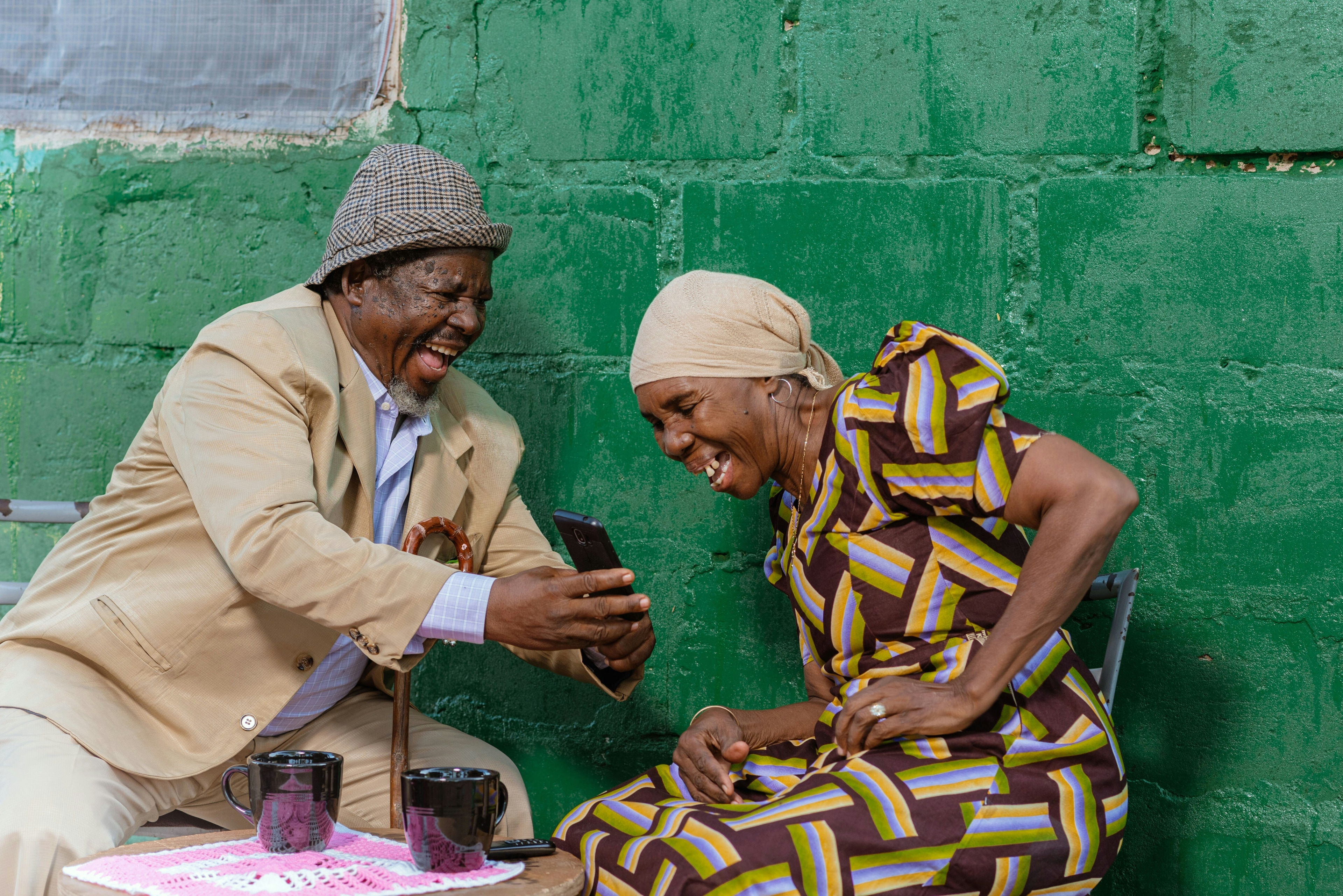3 things to read to understand human rights and business

Commemorative days are valuable because they offer the occasion to pause and reflect. Today is Human Rights Day, and I suggest taking time to discover three recent reports offering insights on how to ensure the private sector is a force for good.
Defending the human rights defenders
Human rights serve to give voice to the voiceless, power to powerless. Human rights defenders (simply defined as “people who, individually or with others, act to promote or protect human rights”) are those working to make this a reality.
The crucial role that human rights defenders play in addressing business-related abuses is long established. The UN Guiding Principles on Business and Human Rights explicitly affirm that states should not obstruct the legitimate and peaceful activities of human rights defenders. The UN Special Rapporteur on Human Rights Defenders emphasized that those working to ensure corporate accountability commonly face threats, harassment, intimidation, criminalization and physical attacks.
In order “to encourage and build the capacity of human rights defenders to engage constructively and positively with business”, the International Service for Human Rights (ISHR) recently published a report, A Human Rights Defender Toolkit for Promoting Business Respect for Human Rights, produced with pro bono support from international law firms Allens, Linklaters and DLA Piper.
It not only presents a range of tools for human rights defenders to strategically engage with companies and other stakeholders, but also describes what actions businesses should take to better engage with those protecting human rights. For instance, the toolkit reports several instances when companies have spoken out in individual cases of attacks against human rights defenders.
The report also includes practical examples of how businesses and human rights defenders can work together to achieve corporate respect for human rights, from creating safe spaces for consultation to using grievance mechanisms for mediation.
Who is responsible?
Global companies often operate in complex environments where they face daunting human rights challenges related to their core business operations. These challenges typically are reflective of larger gaps in governance that the private sector alone cannot reasonably be expected to address.
The World Economic Forum’s Global Agenda Council on Human Rights recently published the report Shared Responsibility: A New Paradigm for Supply Chains. The document proposes a coordinated response by global and local businesses, governments, international organizations, philanthropic groups, unions and other interest parties to devise collective solutions and share the financial costs of addressing the most entrenched human rights problems in complex supply chains.
According to the report, shared responsibility includes four critical components:
- Adopting industry-wide approaches that involve key public and private stakeholders.
- Gaining visibility of the full scope and complexity of human rights challenges in each industry’s entire supply chain.
- Assessing the real costs and commitments requires addressing the most serious risks and problems, recognizing that neither companies nor governments alone can underwrite all of these costs.
- Generating legitimate processes that lead to equitable sharing of responsibility for action among the key stakeholders
Importantly, not all industries and supply chains require a shared responsibility model of action. It is a model aimed at tackling the most serious and entrenched human rights challenges, where governance gaps are the widest and most persistent.
How do we measure abuse?
The potential of business and human rights metrics is huge, yet measuring business and human rights is not an easy task.
The latest report from the UN Working Group on Business and Human Rights to the UN General Assembly is specifically dedicated to the issue of measuring the implementation of the UN Guiding Principles.
The report is a must-read because it offers a good overview of both opportunities and challenges related to measuring the state duty to protect human rights. For instance, the document highlights the power of human rights-related rankings to encourage a “race to do better” and share best practices. However, it also warns against the risks of unintended prioritization. As we all know, “not everything that counts can be counted, and not everything that can be counted counts.”
The report concludes with a series of useful recommendations. I would summarize the basic tenets in the following way:
- Metrics should not be confined to what is easy to measure. A comprehensive assessment of corporate performance includes policy, process and impact indicators.
- Measuring is not only a quantitative exercise. Numbers are meaningless without a qualitative assessment of context and perceptions.
- The process of producing indicators is no less than an unconventional standard-setting exercise. It should be owned by a large alliance of stakeholders in order to ensure its legitimacy.
The three documents presented above are not necessarily the “most important” reports recently produced on business and human rights issues. Yet, they offer a good indication of the direction towards 2016: addressing the most entrenched human rights problems in global value chains is a shared responsibility that only works where human rights defenders are empowered to challenge abusive relationships of power, and when serious measurement initiatives are in place to track progress, detect gaps and inform future actions.
Author: Dr. Damiano de Felice is Co-Founder and Co-Director of Measuring Business and Human Rights. He published several peer-reviewed articles on business, human rights and sustainable development. Damiano writes in his personal capacity. You can find him on Twitter @damidefelice.
Image: A man walks inside a factory at Keihin industrial zone in Kawasaki, south of Tokyo June 28, 2013. REUTERS/Yuya Shino
Don't miss any update on this topic
Create a free account and access your personalized content collection with our latest publications and analyses.
License and Republishing
World Economic Forum articles may be republished in accordance with the Creative Commons Attribution-NonCommercial-NoDerivatives 4.0 International Public License, and in accordance with our Terms of Use.
The views expressed in this article are those of the author alone and not the World Economic Forum.
Stay up to date:
Human Rights
Forum Stories newsletter
Bringing you weekly curated insights and analysis on the global issues that matter.






